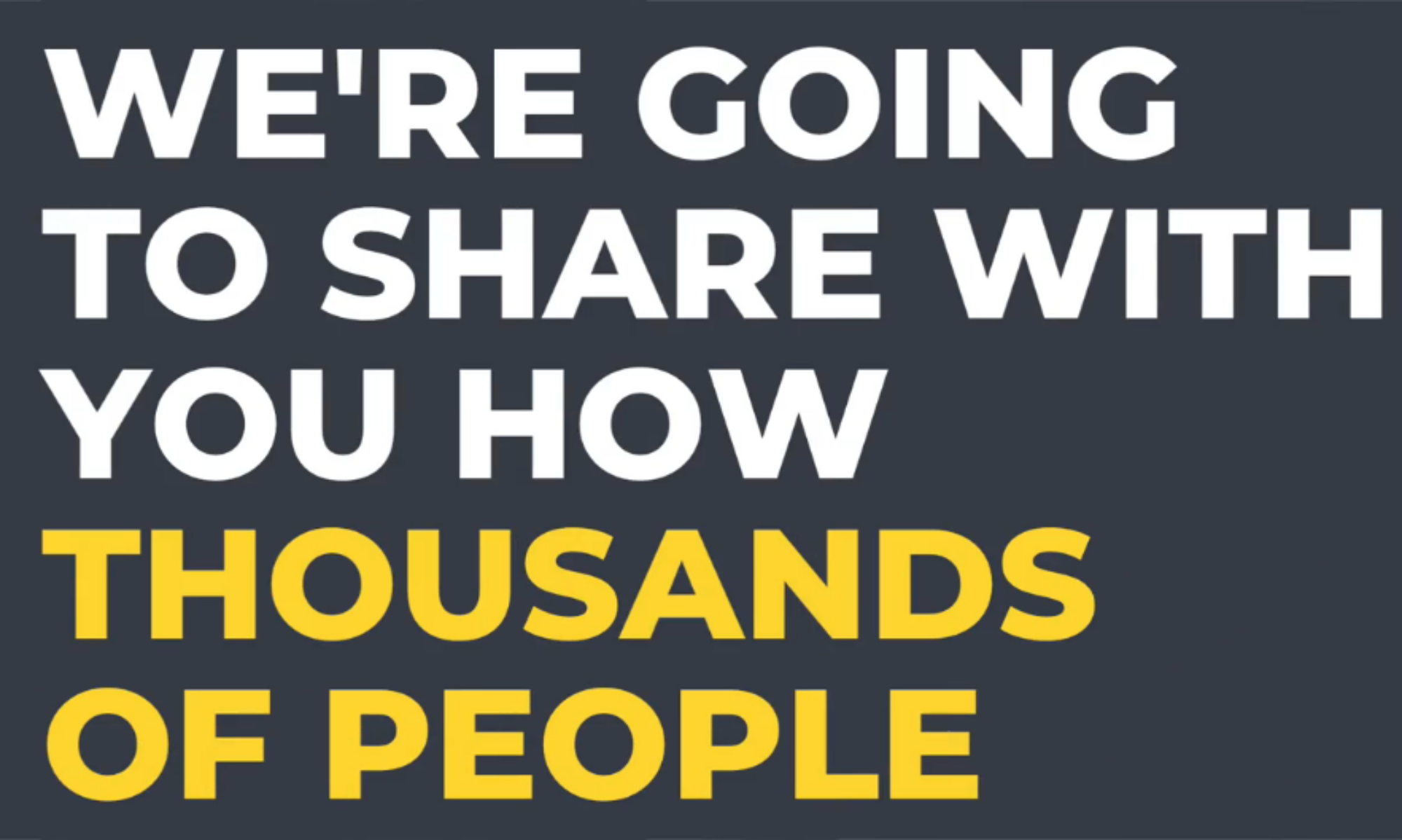
In-Person Jekyll, Social Media Hyde
By Lonnie Pacelli
Breakout Code Now!

Ahh, social media. Where from the comfort of your living room you can make your point known to millions of people. People and businesses have grown from being virtual unknowns to worldwide phenoms (think „Gangnam Style“) thanks to social media. Then there are those who fell from grace like a lead balloon (think Roseanne Barr, Anthony Weiner, or Paula Deen) because of social media. Both the rises and falls can happen swiftly and without advance warning. Sadly, it doesn’t even have to be true. Fake news travels just as fast as the truth. It just has to be tantalizing. It also doesn’t even have to go viral; a handful of viewers can see something that will alter their opinions of the person posting.
That viewer could be your current or future boss, customer, or business partner.
Before I go any further, I want to be very careful to treat this topic with respect and not take sides on any political, religious, or social issue. My goal is to shine a light on social media and how it could impact your professional livelihood, not to tell you a point of view is right or wrong.
Let’s pretend you are a businessperson who would like me as a customer. You and I have met for coffee several times and we seem to hit it off. You friend me on Facebook, wanting to get to know me better to understand how you could help solve my business problems and earn my trust in a business relationship. After we become connected on social media, I see very passionate posts from you mocking a point of view that I hold and telling people like me that we must be idiots to support such a heinous position. You then say something like, „If you believe in then unfriend me now!“ As your prospective customer, I am confused by how someone who is so nice face to face (Dr. Jekyll) can be so venomous on social media, even giving an ultimatum (Mr. Hyde). I ultimately decide to not do business with you, not because you hold a particular point of view, but because you berate others who believe something different.
In looking at the above scenario, there are a few business relationship guiding principles that seem to go out the window with many on social media:
- Not everyone thinks the same way as you.
- Just because you have an opinion doesn’t mean the world needs to know about it.
- When your posts are vague or generalized, you leave it up to the reader to decide what you meant, which could be quite different from what you meant to convey.
- You can be denied a job because of questionable social media posts. According to a survey sponsored by The Manifest, 90% of employers look at potential employees‘ social media profiles and 79% have rejected a candidate based on what they found.
- If you’re trying to sell an idea or convince people to act a certain way, you shouldn’t do it by telling them what an idiot they are.
When you post on social media, keep the following five takeaways in mind:
- Assume everyone sees everything – I’ve heard some businesspeople with both business and personal profiles use that as license to be unfiltered on personal profiles and more restrained on business profiles. The problem is the two aren’t always mutually exclusive. There are plenty of people I know in my business life with connections on both our personal and business profiles. What I see posted on their personal profiles influences how I think about them in a professional setting. Sadly, some I admired professionally have had their credibility hurt because of what they say on personal social media profiles.
- Be clear on what you post and why – Personally, I love posting pictures of places we travel, experiences we have, and meals we eat. We do it largely to let friends know what’s going on with us and for some good harmless fun. We also have a happy hour review website where we post reviews of local restaurant happy hours which we’ve been told help others in the area decide where to go for happy hour. Professionally I post information about our different businesses to engage current and future customers.
- Knowledge is knowing what to say, wisdom is knowing when (or if) to say it – Just because you have a point of view on something doesn’t mean the world needs to know about it. I know a number of professional people who choose not to discuss their social, political, or religious views on social media. Wise move.
- Assume it lives forever – Platforms like Instagram have stories that disappear after a set timeframe. That won’t stop someone from taking a screenshot of the post and sharing it somewhere else. Assume anything you post will live forever and could come back to bite you.
- Resist posting when upset or impaired – There are plenty of examples where someone posted something only to have to apologize later for a „lapse in judgment.“ Meanwhile, the post goes viral, then the person tries to delete it in vain after it’s been screenshot and shared over and over again.
